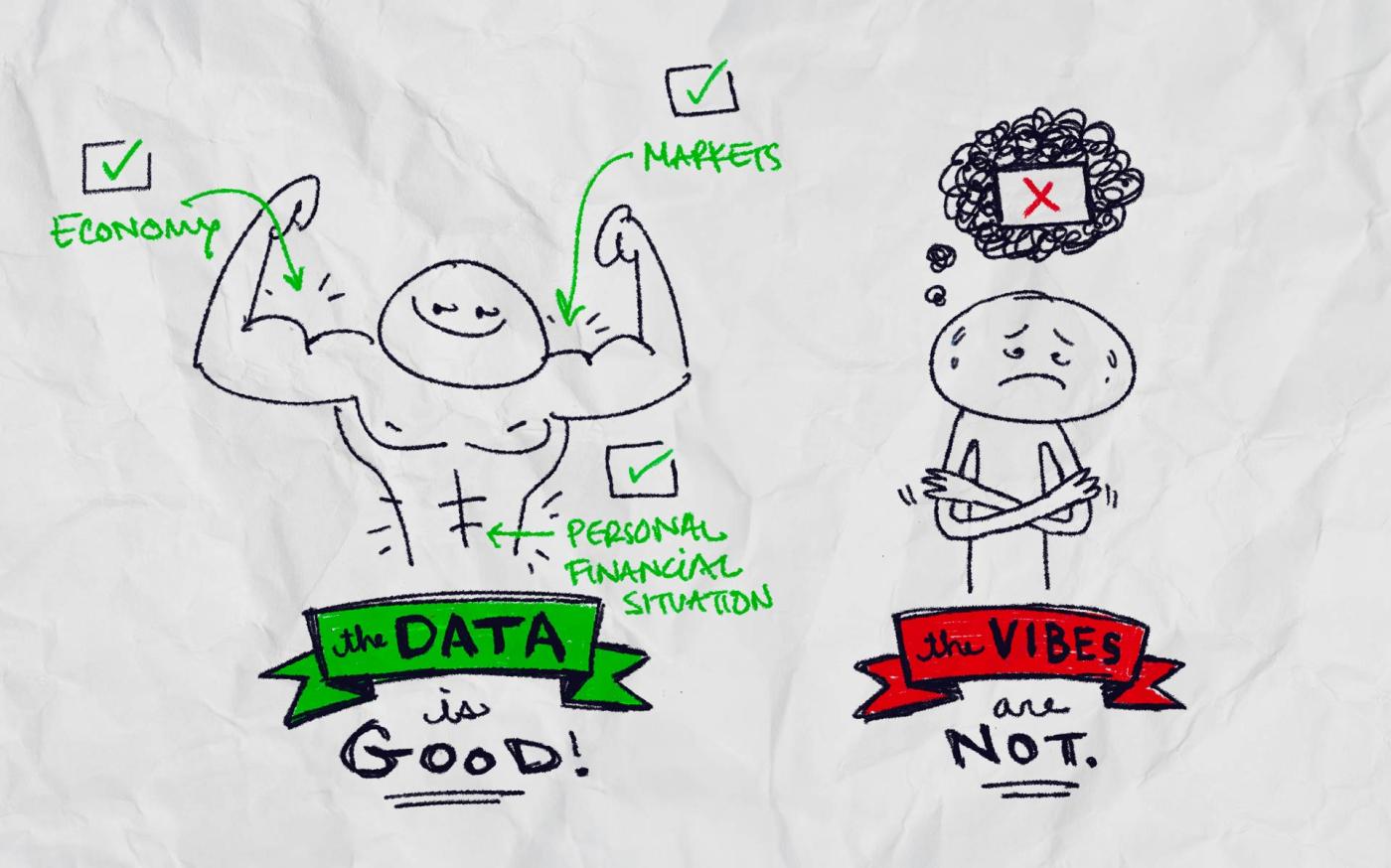
Income in Retirement
Let’s imagine that you are 61 years old and ready to retire. You put in your notice, and on January 1, 2023, after 40 years of working, you will retire! You have made all the calculations, and you are confident that you will have enough money for income in retirement. You plan on waiting until your full retirement age of 67 to file for Social Security payments, and you set aside money to cover health care expenses until Medicare begins. If your calculations work out, there should even be some money left over for your children. (See our blog about Pennie to find out how to decrease the cost of health insurance before retirement.)
There is only one problem—you are not sure of the best place to take the money from and what the tax consequences will be. Most of the online calculators assume that you will have to hold back 20% for taxes. You don’t remember reading anything about a 20% tax bracket, so you go down the Google rabbit hole on taxes and retirement. You realize that you know a lot, but taxes are confusing.
This is where a tax-aware financial planner can help. Let’s look a few scenarios for your first year of retirement income. Let’s assume that you’re taxed as married filing jointly, you claim a standard deduction, and you take a $100,000 distribution.
Below are your liquid assets at retirement.
- $50,000 in checking and savings
- $400,000 in taxable investments with a cost basis of $200,000
- Assume that this account creates $6,000 of qualified dividends and $10,000 of ordinary income.
- $1,500,000 in an IRA
Scenario 1
- You withdraw $100,000 from your IRA.
- Your federal income tax liability is $9,436.
Scenario 2
- You sell $100,000 of taxable investments and create a $50,000 long-term capital gain.
- Your federal income tax liability is $0.
Scenario 3
- You sell $80,000 of taxable investments and create a $40,000 long-term capital gain.
- You withdraw $20,000 from your IRA.
- Your federal income tax liability is $230.
Which scenario is best for you? It depends on your long-term plan. Planning for retirement distributions is complicated, and which account you draw your income from matters. Sign up for our newsletter to get similar retirement information delivered directly to your inbox.
Author: Brian Hill, CFP®, Managing Partner/Advisor
Note: Information is accurate at the time of publication, May 2023.
Advisory services offered through Commonwealth Financial Network®, Member FINRA/SIPC, a Registered Investment Adviser. Fixed insurance products and services are separate from and not offered through Commonwealth.


